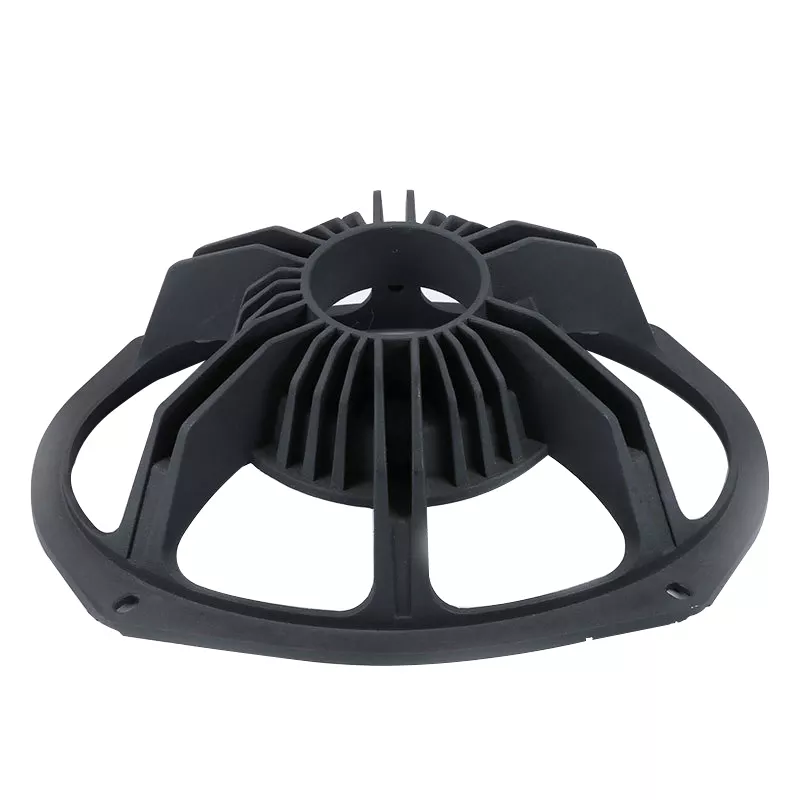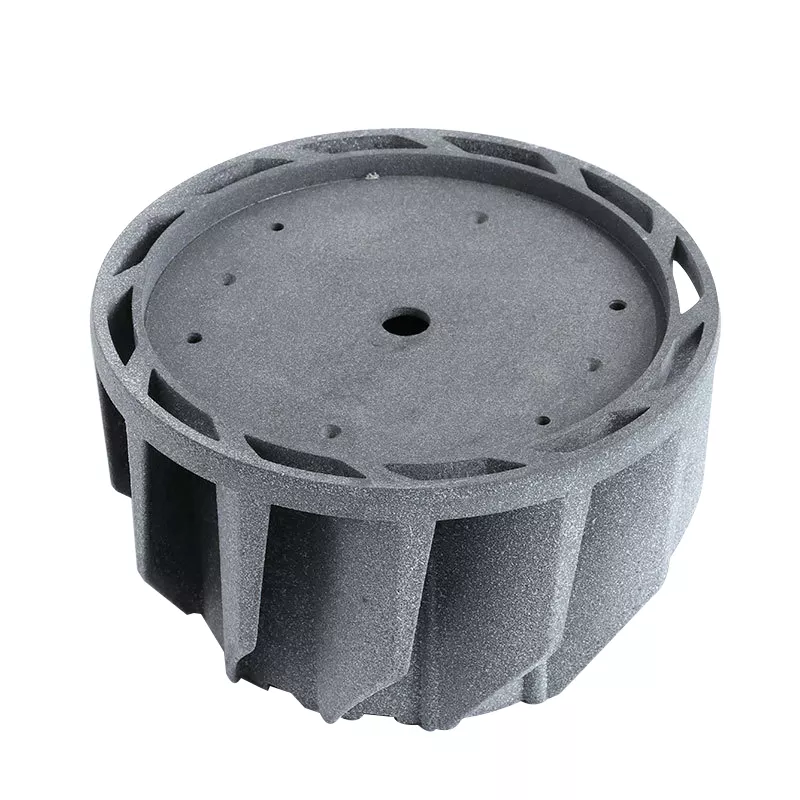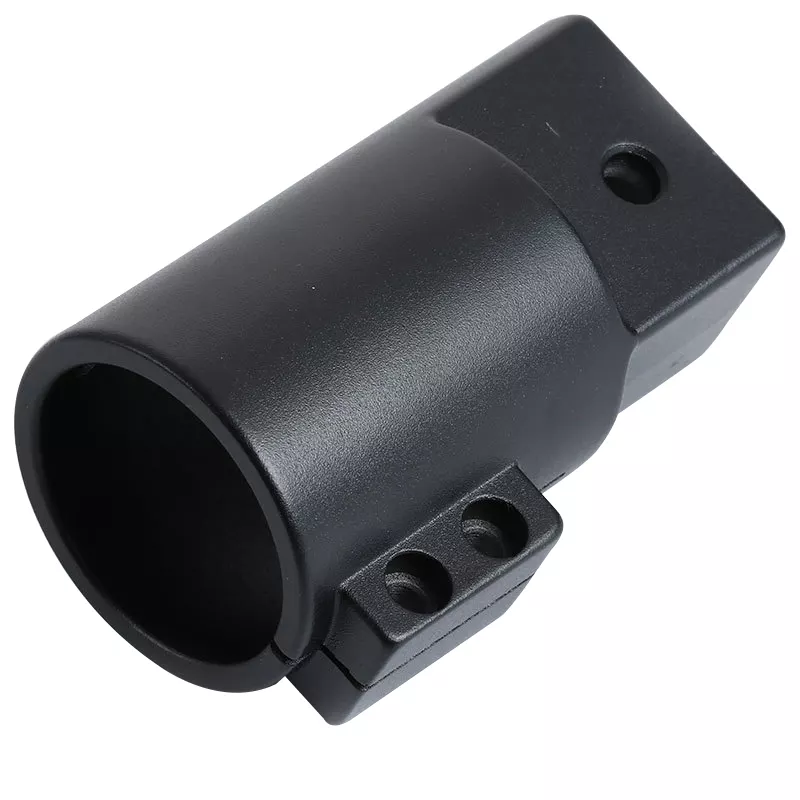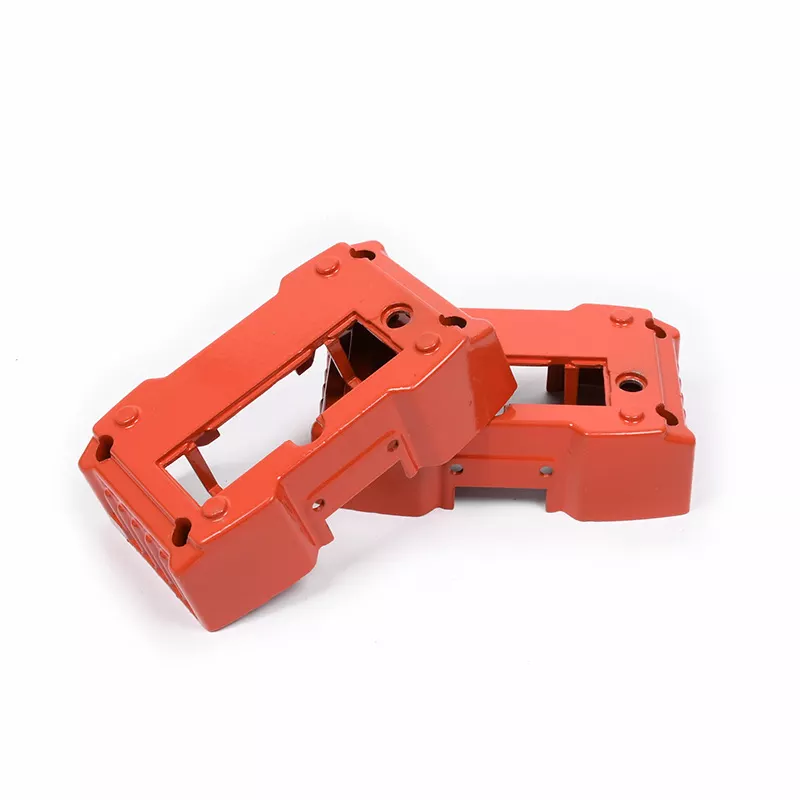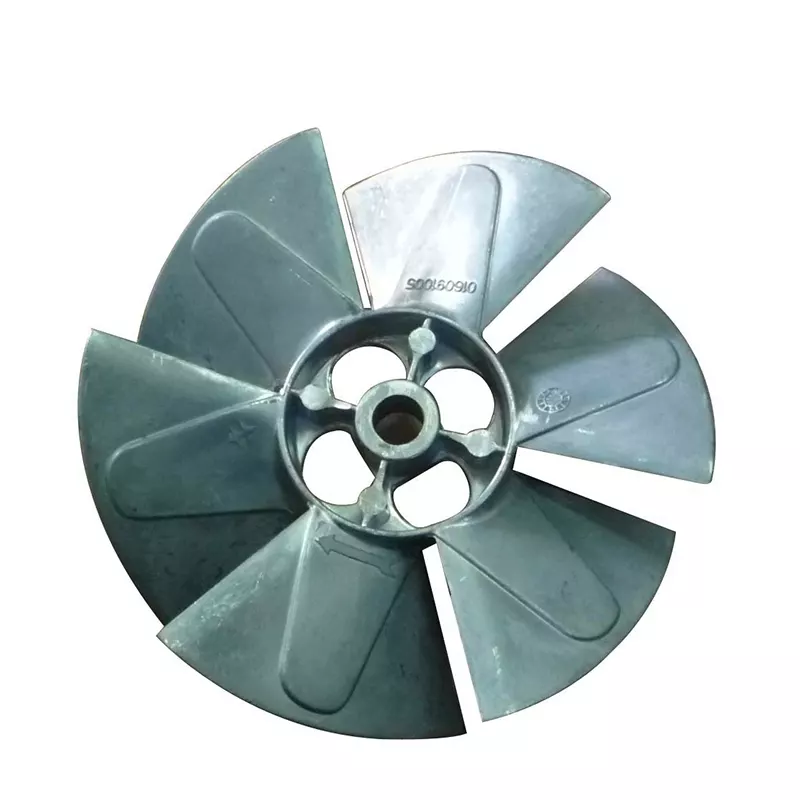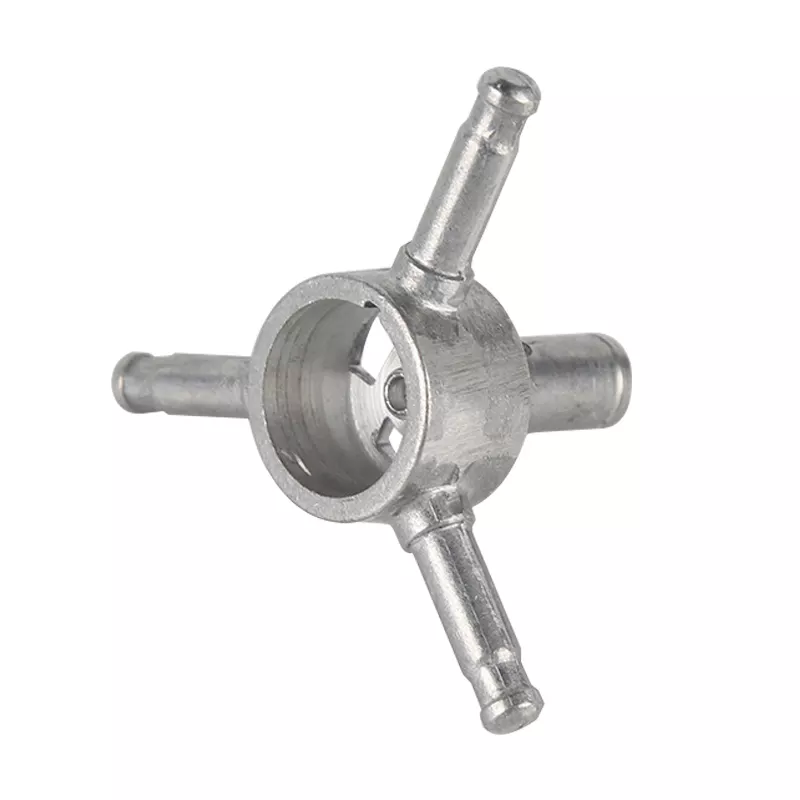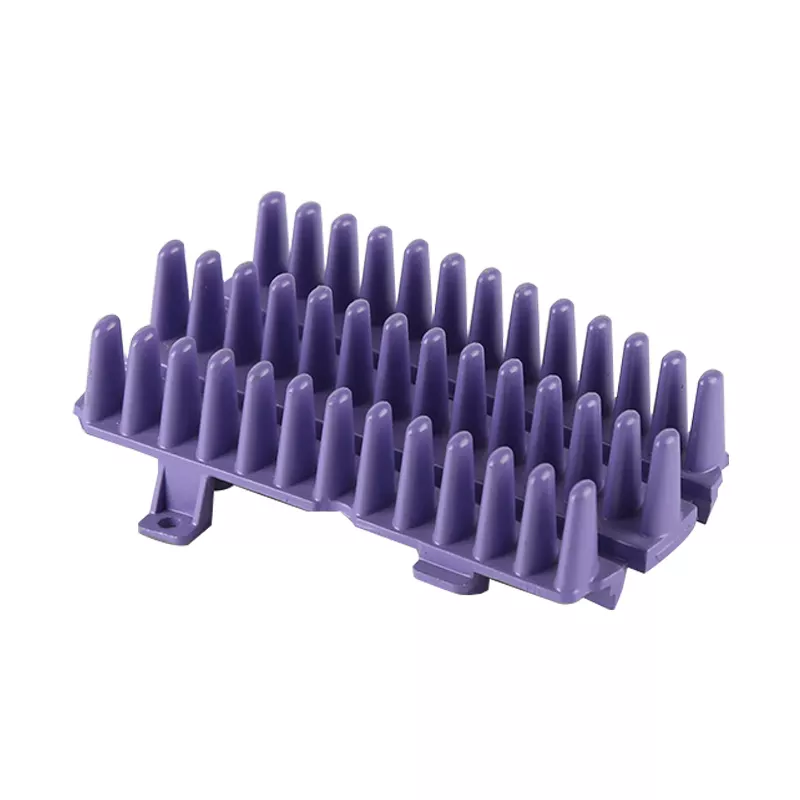
Strain
(1) Features:
(2) Reasons:
(3) Treatment method:
Bubbles
(1) Features:
The surface of the casting has a cavity formed under the surface of a rice grain-sized bump.
(2) Cause
(3) Treatment method
Crack
(1) Features:
(2) Reasons:
(3) Treatment method:
Deformation
(1) Features:
(2) Reasons:
(3) Solution:
Flow Marks, Patterns
(1) Features: There are stripes on the surface of the casting that are consistent with the flow direction of the molten metal. There are obvious non-directional lines that are different from the metal matrix in color, and there is no development trend.
(2) Reasons:
(3) Treatment method:
Cold Barrier
(1) Features
The surface of the die-casting has obvious, irregular, and sinking linear lines (both penetrating and non-penetrating). The shape is small and narrow, and some of the junction edges are smooth, which can be developed under the action of external force.
(2) Reasons:
(3) Treatment method:
Colors, Spots
(1) Features:
Different colors and spots appear on the surface of the casting.
(2) Reasons:
(3) Treatment method:
Reticulated Wing
(1) Features: There is a net shape on the surface of the die-casting parts, which continuously expands and extends. Just like the evolution of the bump gauge, the die-casting frequency box
(2) Reasons:
(3) Treatment method:
(3) Treatment method:
Burr Flash
(1) Feature: Metal flakes appear on the edge of the parting surface of the die casting.
(2) Reasons:
(3) Treatment method:


